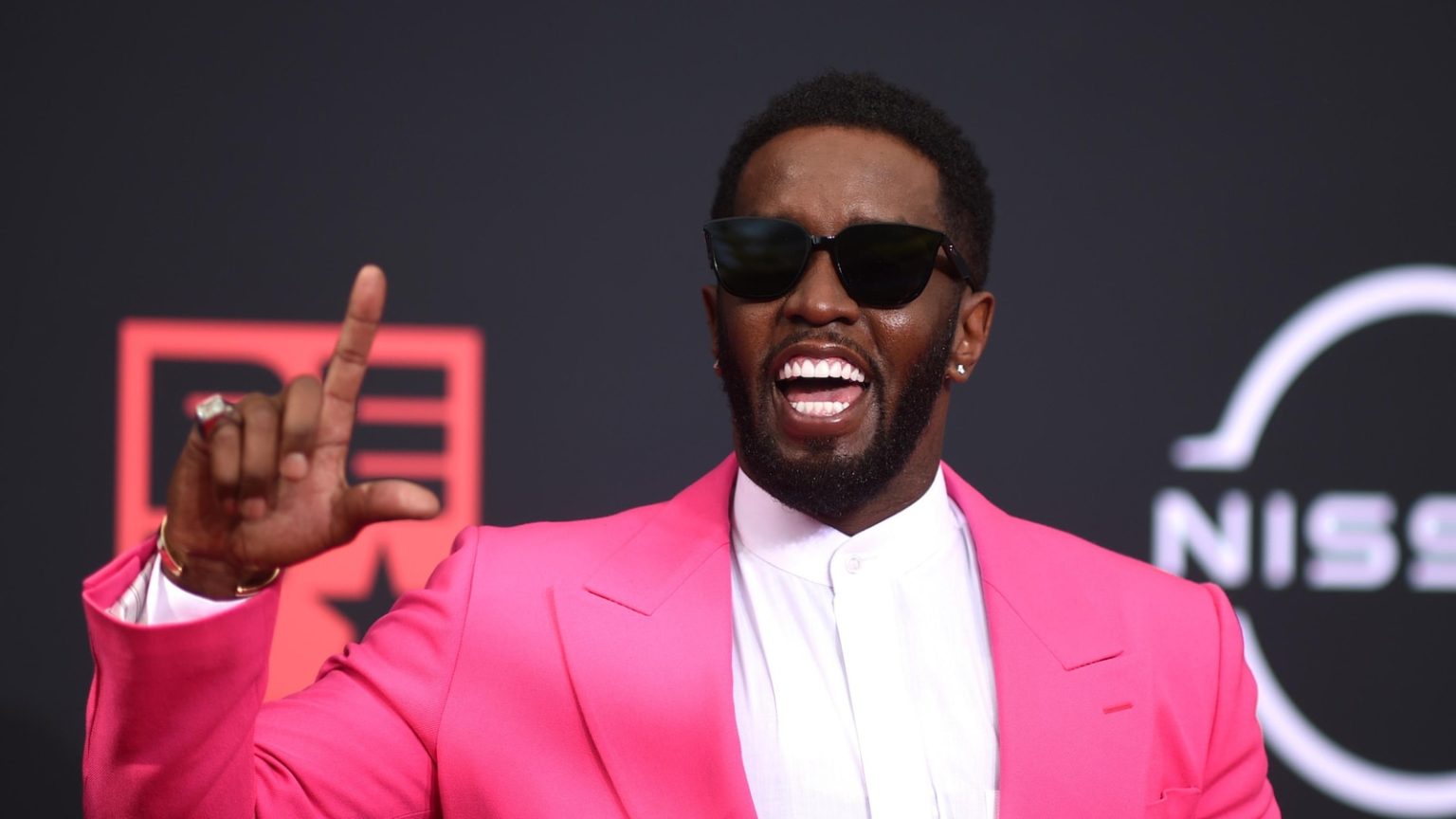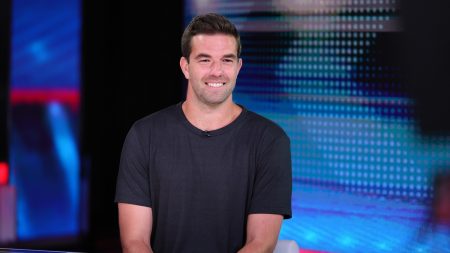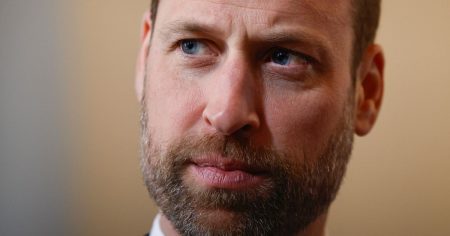Sean ‘Diddy’ Combs Files Defamation Lawsuit Against NBC Universal Over Documentary Allegations
Sean “Diddy” Combs, the renowned entrepreneur and founder of Bad Boy Records, has filed a lawsuit against NBC Universal and the producers of the documentary “Diddy: Making of a Bad Boy,” alleging that the film falsely accuses him of being a serial murderer and engaging in illegal activities with underage girls. Combs, who is currently in federal custody awaiting trial on unrelated sex trafficking charges, is seeking at least $100 million in damages for what he claims is a malicious and defamatory portrayal. Filed in New York state court, the lawsuit accuses NBC Universal and the production company of knowingly or recklessly publishing false statements to sensationalize the documentary and attract viewers, thereby damaging Combs’ reputation and jeopardizing his right to a fair trial. The documentary, which premiered on Peacock TV, explores Combs’ rise to fame, his controversies, and his personal life through exclusive footage and interviews. However, Combs’ legal team argues that the film crosses ethical boundaries by advancing baseless conspiracy theories and painting him as a “monster” and an “embodiment of Lucifer.”
Documentary Accused of Spreading Defamatory Claims About Sean Combs
The lawsuit outlines several specific claims made in the documentary that Combs’ attorneys describe as false and defamatory. For instance, the film allegedly insinuates that Combs is responsible for the deaths of several high-profile individuals, including his former girlfriend Kimberly Porter, rapper Christopher “The Notorious B.I.G.” Wallace, and rapper Dwight “Heavy D” Myers. Porter died in 2008 due to complications from pneumonia, Wallace was killed in a 1997 drive-by shooting that remains unsolved, and Myers passed away in 2011 from a pulmonary embolism. The documentary, according to the complaint, suggests that these deaths are not coincidental and implies that Combs is a serial murderer. Combs’ legal team calls these insinuations “shameless” and “baseless,” pointing out that there is no credible evidence linking him to any of these deaths. Additionally, the documentary allegedly includes claims that Combs had sexual relations with underage girls, citing a discredited civil complaint as evidence. Combs’ attorneys assert that the women referenced in the complaint have since confirmed they were adults at the time of the alleged interactions.
Sean Combs Faces Federal Sex Trafficking Charges Amid Ongoing Legal Battle
While the defamation lawsuit focuses on the documentary’s accusations, Combs is simultaneously fighting federal charges related to sex trafficking and racketeering conspiracy. Arrested in September, Combs has been held in Brooklyn federal prison as he awaits trial, which is scheduled to begin in May. Federal prosecutors allege that Combs used his wealth, influence, and power to coerce female victims and male sex workers into participating in drug-fueled sexual encounters known as “Freak Offs.” These allegations suggest a pattern of abuse that spans decades, with prosecutors claiming Combs resorted to blackmail, violence, and intimidation to control his victims. Combs has pleaded not guilty to the charges, and his legal team has denied all allegations of wrongdoing. However, the documentary’s release has added another layer of complexity to the case, as Combs’ attorneys argue that the film’s defamatory content could prejudice potential jurors and undermine his right to a fair trial.
Defamation Lawsuit Claims Documentary Irreparably Damaged Sean Combs’ Reputation
The lawsuit filed by Sean Combs asserts that NBC Universal and the producers of “Diddy: Making of a Bad Boy” acted with malice and reckless disregard for the truth by broadcasting false and damaging allegations. Erica Wolff, an attorney for Combs, stated that the defendants “maliciously and recklessly broadcast outrageous lies” to boost the documentary’s viewership and profit. Wolff emphasized that the documentary’s claims are not only false but also harmful, as they seek to capitalize on public interest in scandalous stories without regard for Combs’ right to a fair trial. The lawsuit argues that the documentary’s portrayal of Combs as a serial murderer and predator is so extreme that it has irreparably damaged his reputation and caused significant emotional distress. Combs is seeking $100 million in damages, a figure his legal team believes reflects the severity of the harm caused by the documentary’s defamatory content.
NBC Universal and Producers Have Not Responded to the Allegations
As of now, NBC Universal and the production company behind the documentary have not publicly responded to the allegations raised in the lawsuit. Spokespersons for both entities did not immediately reply to requests for comment, leaving the allegations uncontested in the public sphere. However, the lawsuit is likely to spark a broader conversation about the ethics of documentary storytelling and the responsibility of media outlets to ensure the accuracy of their content. The case also raises questions about the potential consequences of sensationalized media, particularly when it involves high-profile individuals facing criminal charges. Combs’ legal team has made it clear that they will aggressively pursue justice for what they describe as a clear case of defamation, and the outcome of this lawsuit could have significant implications for the media industry as a whole.
Sean Combs’ Defamation Lawsuit Highlights the Larger Issue of Media Sensationalism
Sean Combs’ defamation lawsuit against NBC Universal and the producers of “Diddy: Making of a Bad Boy” underscores the broader issue of media sensationalism and the risks of spreading unverified or false information. While documentaries are meant to inform and educate the public, they also have the power to shape perceptions and influence opinions, often with lasting consequences for the individuals involved. In this case, Combs’ legal team argues that the documentary crossed a line by advancing unfounded conspiracy theories and baseless accusations, all under the guise of journalistic integrity. The lawsuit serves as a reminder of the importance of responsible reporting and the need for media outlets to prioritize truth and accuracy over sensationalism and profit. As the case unfolds, it will be important to watch how the legal system balances the right to free speech with the need to protect individuals from defamatory content. For Sean Combs, the outcome of this lawsuit could have a profound impact on his personal and professional life, making it a case worth following closely in the months to come.















